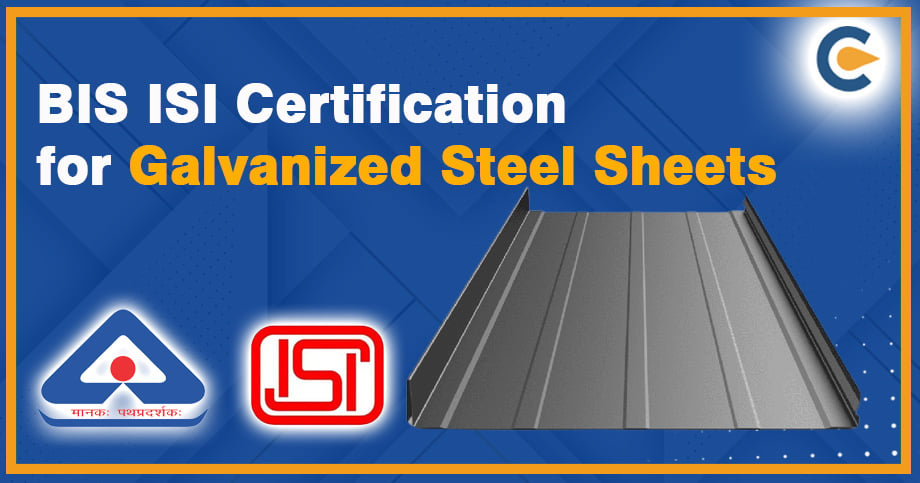Polyethylene is a versatile and widely used plastic material known for its applications in packaging, containers, and various household items. It is valued for its lightweight nature, durability, and flexibility, allowing it to be easily molded into diverse shapes. Polyethylene exists in different forms, including low-density polyethylene (LDPE), high-density polyethylene (HDPE), and ultra-high molecular weight polyethylene (UHMWPE). These variants cater to specific needs based on their unique properties and characteristics. Let us dig into the process of BIS Certification for Polyethylene Material and unlock its legalities.
Unlocking Key Information Cited in IS 7328:2020
Polyethylene materials used for molding and extrusion are governed by the guidelines provided in IS 7328:2020. This comprehensive standard outlines the requirements, sampling methods, and testing procedures for low-density polyethylene (LDPE), linear low-density polyethylene (LLDPE), and high-density polyethylene (HDPE) materials and compounds. The major extent of legalities concerning BIS Certification for Polyethylene Material is covered under this standard.
The standard applies to materials in the form of granules, pellets, or powder that are ready for use. Its purpose is to identify and characterize LDPE, LLDPE, and HDPE materials and compounds based on fundamental polymer parameters and recommended end uses.
It is important to note that while the standard specifies major end users, it does not impose restrictions or guarantee the suitability of a specific grade under particular processing or end-use conditions.
The standard encompasses all polyethylene homopolymers and ethylene copolymers with a content of other 1-olefinic monomers less than 50% (by a mass fraction) and content of non-olefinic monomers with functional groups up to 3% (by a mass fraction). However, it does not apply to masterbatches or PE-UHMW (Ultra-high molecular weight polyethylene).
Designation codes for LDPE/LLDPE/HDPE and compounds should consist of four and five data blocks, respectively. Data Block 1 represents the Indian Standard, Data Block 2 pertains to the material, and Data Block 3 specifies the intended application or processing method. Performance additives and supplementary information provided by the manufacturer for the buyer’s knowledge should also be included.
Data block 4 includes designatory properties such as MFI (Melt Flow Index) and density. Manufacturers must declare each designation code they intend to cover within the scope of the license when applying for consideration and any subsequent changes.
For LDPE, LLDPE, HDPE, and compounds, the material must exhibit homogeneity and should be free of foreign matter. Minimum measurements of density and melt flow rate or melt flow index are required for compliance.
Tests to Be Performed By the Manufacturer to Qualify For A BIS License
The following tests are mandatory for manufacturers of polyethylene to qualify for BIS certification. These tests are mandatory to avail of BIS Certification for Polyethylene Material:
- Type Tests (Product Approval)
- Melt flow rate or Melt flow index
- Density
- Acceptance Tests (Product Identification)
Marking and Labeling Norms for Poly Ethylene Makers
The Standard Mark, also known as the ISI Mark, should be prominently displayed on every bag and unit package containing the material, provided that the marked material meets the required specifications.
Proper packaging of the material should be carried out in accordance with the agreed-upon arrangements between the purchaser and the supplier. Each bag or unit package must bear the relevant information specified in this standard.
To utilize the standard mark (ISI Mark), manufacturers are required to obtain a BIS license from the Bureau of Indian Standards. The granting of the license by BIS is contingent upon a successful assessment of the manufacturer’s infrastructure for manufacturing, capabilities for quality control and testing, and the production process.
An Overview of the Paperwork Required for BIS Certification for Polyethylene Material
Following are mandatory dossiers that you must arrange to apply for BIS Certification for Polyethylene Material:
- Application Form
Complete and sign the application form provided by the Bureau of Indian Standards (BIS) for obtaining a BIS license. The form includes details about the applicant’s company or organization.
- Company Registration Documents
Submit copies of the company’s registration documents, such as the Certificate of Incorporation, Memorandum of Association, Articles of Association, and other relevant legal documents.
- Product Specifications
Provide detailed specifications of the product for which the BIS license is sought. Include information about its composition, design, dimensions, performance standards, and any other relevant technical details.
- Manufacturing Process Description
Describe the manufacturing process of the product, highlighting the steps involved, raw materials used, quality control measures, and any specific procedures that ensure compliance with BIS standards.
- Test Reports
Include test reports from BIS-approved laboratories that validate the product’s compliance with relevant BIS standards. These reports should cover essential parameters and performance criteria specified by BIS for the product category.
- Quality Management System Documentation
Provide documentation related to the company’s quality management system, such as quality control procedures, inspection protocols, and records of internal audits. This demonstrates the company’s commitment to maintaining quality standards.
- Factory Layout and Infrastructure Details
Submit information about the factory layout, production capacity, machinery, equipment, and other infrastructure details to showcase the company’s capability to manufacture the product in accordance with BIS requirements.
- Authorized Signatory Details
Provide details of the authorized signatory who will represent the company during the BIS certification process. This includes their name, designation, contact information, and supporting identification documents.
- Fee Payment Receipt
Include a copy of the payment receipt or proof of payment for the BIS license application fee.
- Other Supporting Documents
Depending on the specific product category and BIS requirements, additional documents may be required. These can include safety certificates, environmental clearances, product labeling information, and any other relevant certifications.
Casting Light on the Procedure to Secure BIS Certification for Polyethylene Material
Following is the procedure to obtain BIS Certification for Polyethylene Material:
- Review the relevant Indian Standard (IS) for your polyethylene material to understand the requirements, testing methods, and quality parameters.
- Gather the necessary documentation, including product specifications, manufacturing process details, quality control procedures, and test reports from approved laboratories.
- Complete the BIS certification application form with accurate information about your company, polyethylene material, and intended use. Attach the required supporting documents.
- Submit samples of the polyethylene material to BIS-approved laboratories for testing and evaluation, ensuring they meet the IS requirements.
- Cooperate with BIS[1] officials during a possible factory inspection to verify compliance with quality management systems and IS requirements.
- BIS will assess the test reports, documentation, and inspection findings to determine compliance with the IS. They will evaluate the quality, performance, and safety aspects of the polyethylene material.
- Based on the evaluation, BIS will decide whether to grant the BIS certification for your polyethylene material if it meets the IS requirements.
- Upon successful completion, BIS will issue the BIS certification, validating compliance with the specified quality standards.
Conclusion
Please note that the process and requirements may differ depending on the specific Indian Standard applicable to your polyethylene material and its intended use. It is advisable to refer to the relevant IS, consult BIS experts, and follow their directions for a smooth certification process.
Read Our Article: BIS Certification For Polyester Spun Grey & White Yarn













